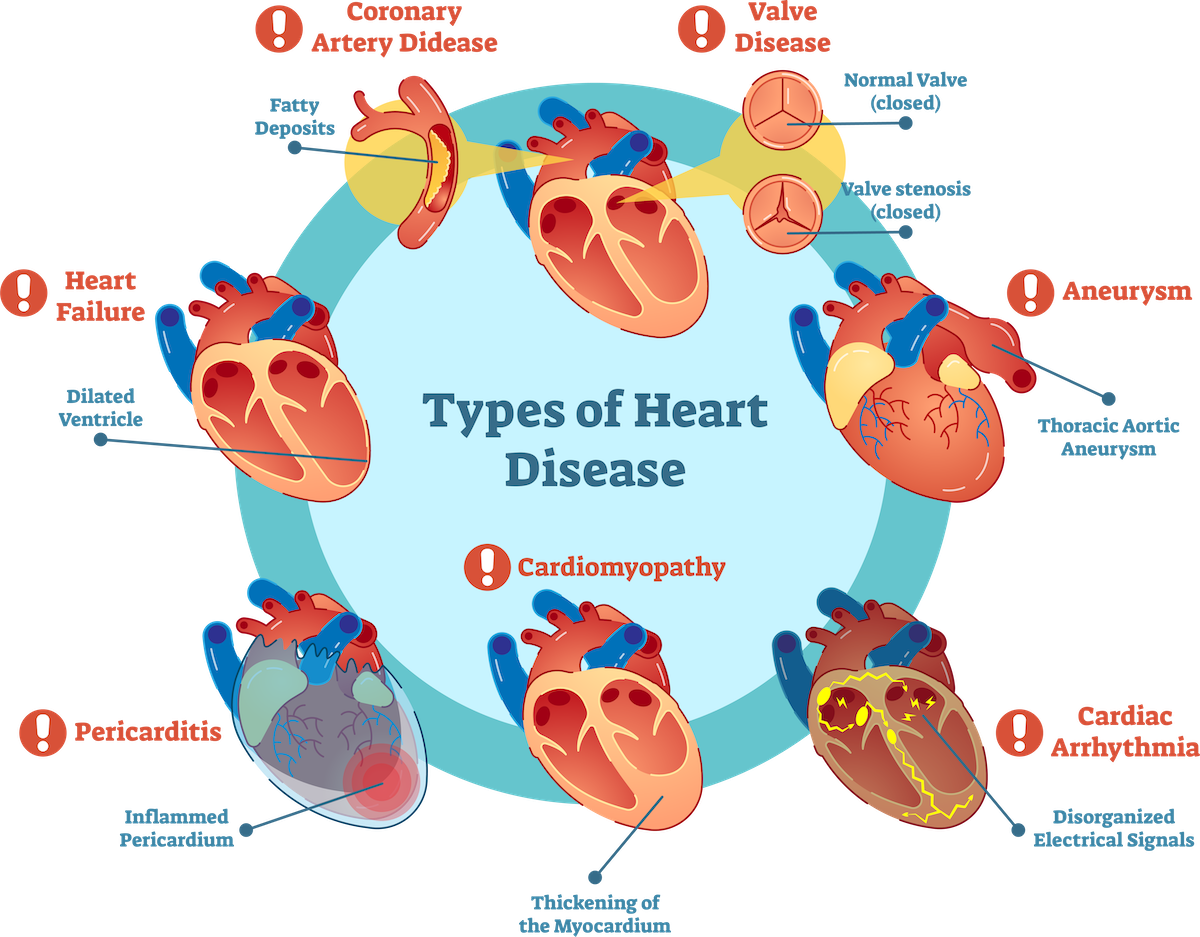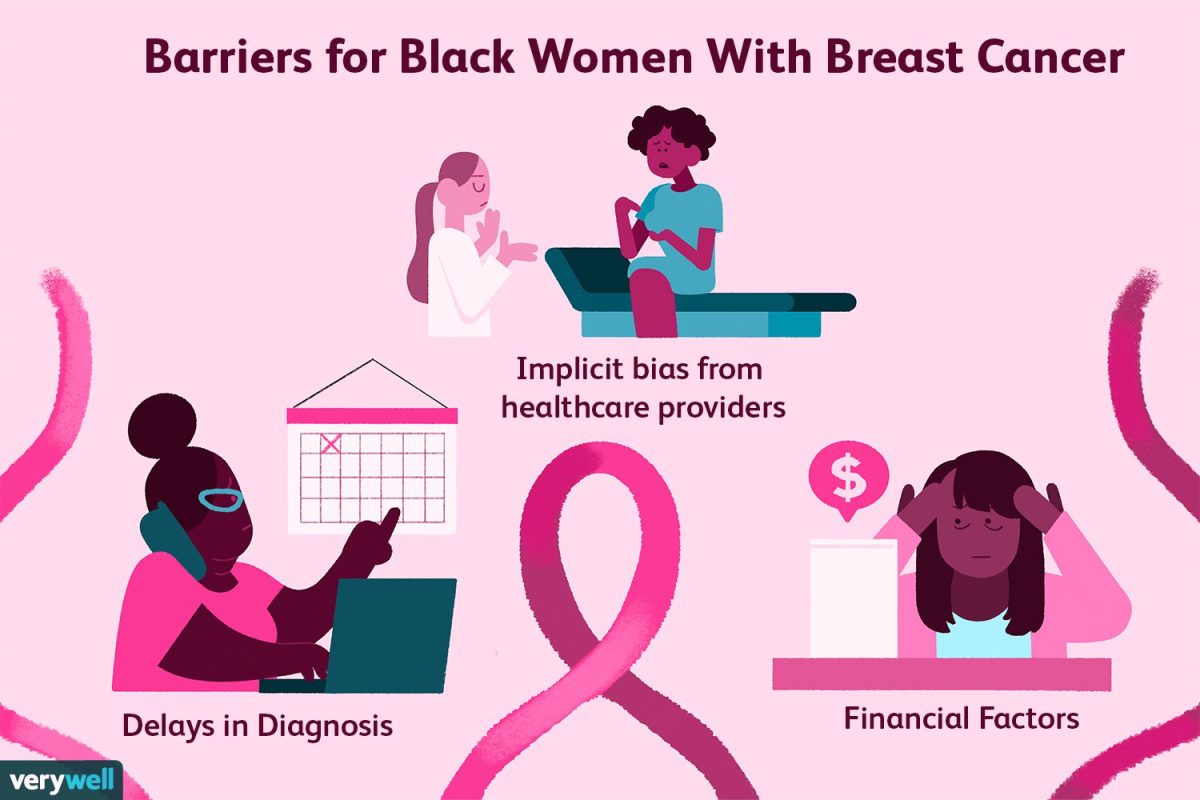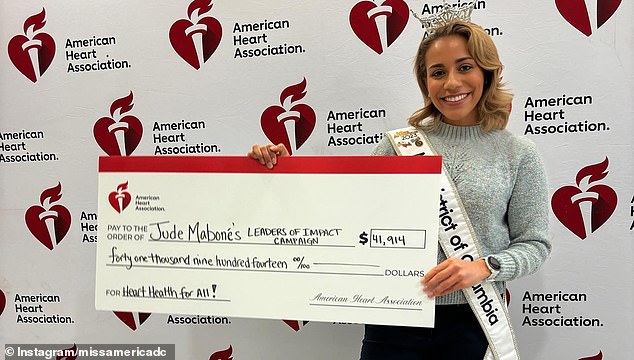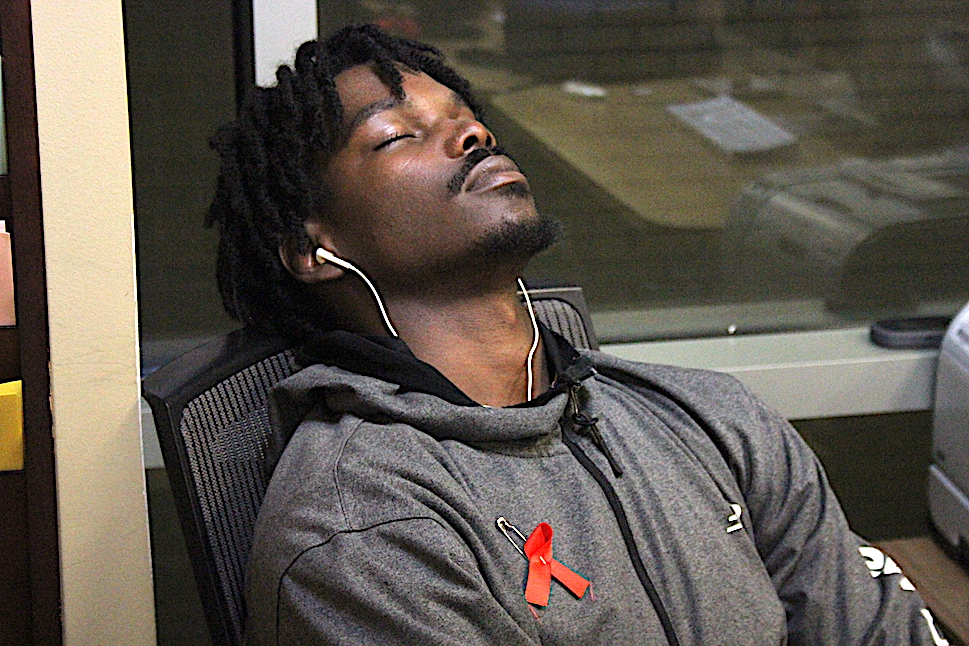Heart disease, often portrayed as a silent killer, stands as a formidable adversary to public health worldwide.
However, within the broader narrative of cardiovascular health, a critical yet often overlooked perspective emerges—the disproportionate burden it places on Black women.
Despite significant advancements in medical science, heart disease continues to loom large, particularly among Black women, posing multifaceted challenges that demand urgent attention and targeted interventions.
Heart disease manifests as a complex interplay of genetic predispositions, socio-economic factors and lifestyle choices. Black women face a heightened risk profile characterized by an alarming prevalence of hypertension, obesity, diabetes and sedentary lifestyles.
The intersectionality of race, gender and socio-economic status exacerbates these risk factors, contributing to an elevated susceptibility to cardiovascular ailments.
A closer examination reveals profound health disparities that underscore the gravity of the situation. Studies consistently highlight higher mortality rates from heart disease among Black women compared to their white counterparts.
Access barriers to quality healthcare, including inadequate insurance coverage and underrepresentation in clinical trials, further exacerbate these disparities.
Moreover, systemic issues such as discrimination and socio-economic inequalities perpetuate adverse health outcomes, perpetuating a vicious cycle of inequality.
Cultural norms and societal expectations often influence health behaviors among Black women, posing additional challenges.
Traditional roles as caregivers and nurturers may lead to neglect of personal health needs, while cultural dietary preferences may contribute to unhealthy eating habits. Furthermore, historical mistrust of the medical establishment, rooted in a legacy of systemic racism and medical exploitation, can deter Black women from seeking timely medical intervention.
“Sometimes, when going to the doctors about heart problems, doctors will tell an African American woman that nothing is wrong with her and she’s just overreacting,” freshman K.C. Dewhart, a rehabilitation services major, said. “But let it have been a white woman, they would have done everything in their power(s) to save her. It’s still like this in some places, and that’s extremely saddening to think that some African American women wouldn’t be treated simply because of their skin tone.”
Beyond the physical toll, heart disease exerts a profound psychosocial impact on Black women. The burden of chronic illness intersects with socio-economic stressors, including financial strain and limited social support networks, exacerbating mental health concerns.
Stigma surrounding illness and cultural perceptions of strength and resilience may impede help-seeking behaviors, perpetuating a cycle of silent suffering.
Addressing the complex web of factors contributing to heart disease among Black women necessitates a multifaceted approach. Empowering communities through education and awareness campaigns can foster informed decision-making and facilitate early intervention.
Culturally competent healthcare delivery, coupled with targeted screening programs and access to affordable treatment options, is imperative to mitigate disparities and improve health outcomes.
Additionally, advocacy efforts must address systemic inequities in healthcare delivery and research, advocating for policy reforms that prioritize health equity.
Heart disease emerges as a formidable threat to the health and well-being of Black women, perpetuating entrenched disparities and challenging the fabric of public health.
Addressing this crisis demands a concerted effort to dismantle systemic barriers, empower communities and foster a culture of health equity. By amplifying voices, advocating for change and prioritizing inclusivity in healthcare, people can endeavor to create a future where all women, regardless of race or socio-economic status, have the opportunity to lead healthy and fulfilling lives.
Understanding heart disease as a pervasive threat to Black Women’s Health
March 2, 2024
Story continues below advertisement






















